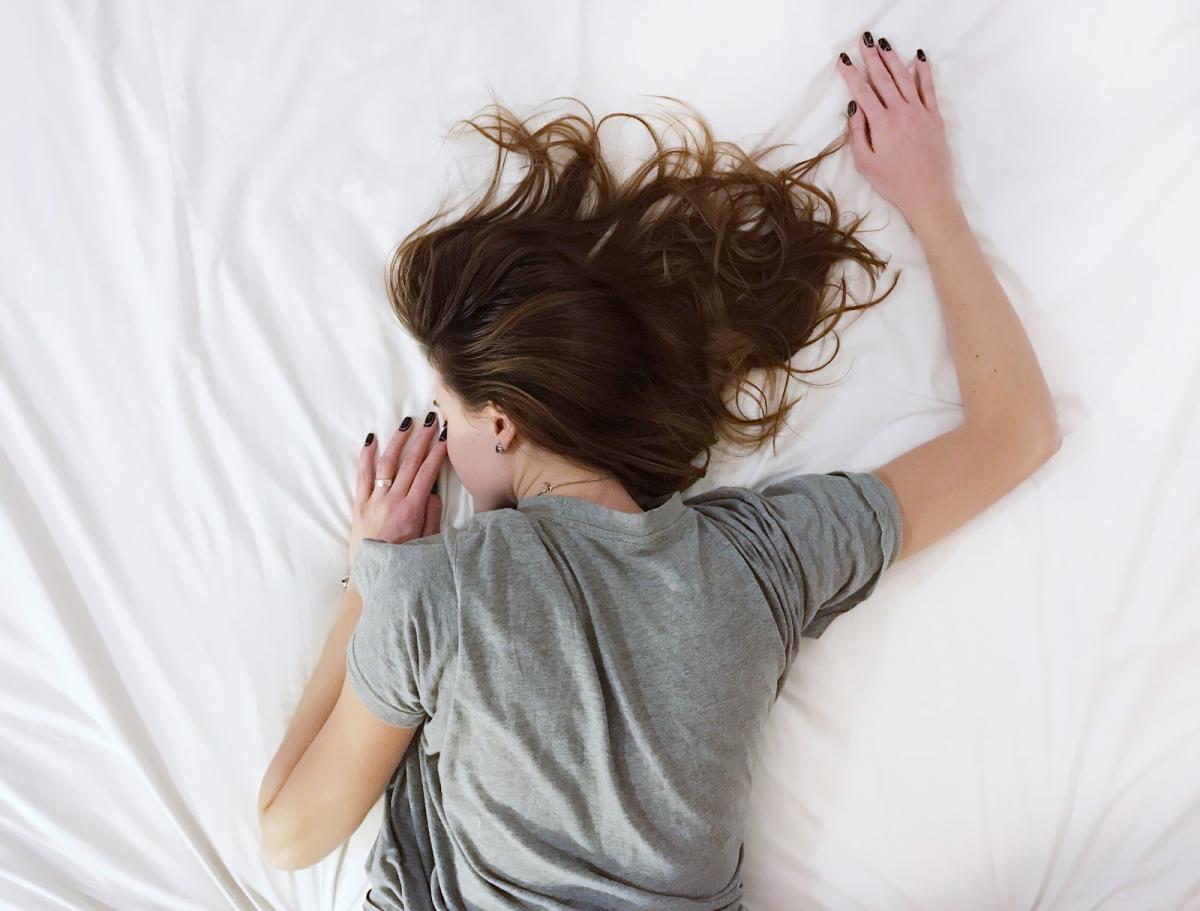Many people look forward to curling up in bed after a long hard day and drifting off into the land of nod, while just as many people dread this time of the day. Sleep is an essential part of our wellbeing, it helps our bodies to heal, recover and refresh our energy levels ready to kickstart the new day ahead! But if this all sounds a little unrealistic to you, and something which only happens in ideal worlds then you’re probably one of the millions of people in the UK who are suffering from sleep deprivation.
Sleep deprivation is not only a lack of sleep, but it’s also lack of quality sleep. Sleepless nights can have serious consequences on your health, so we’re helping you to get a better night’s sleep with some useful tips, and potentially diagnosing your sleep problems.
What’s keeping you awake at night?
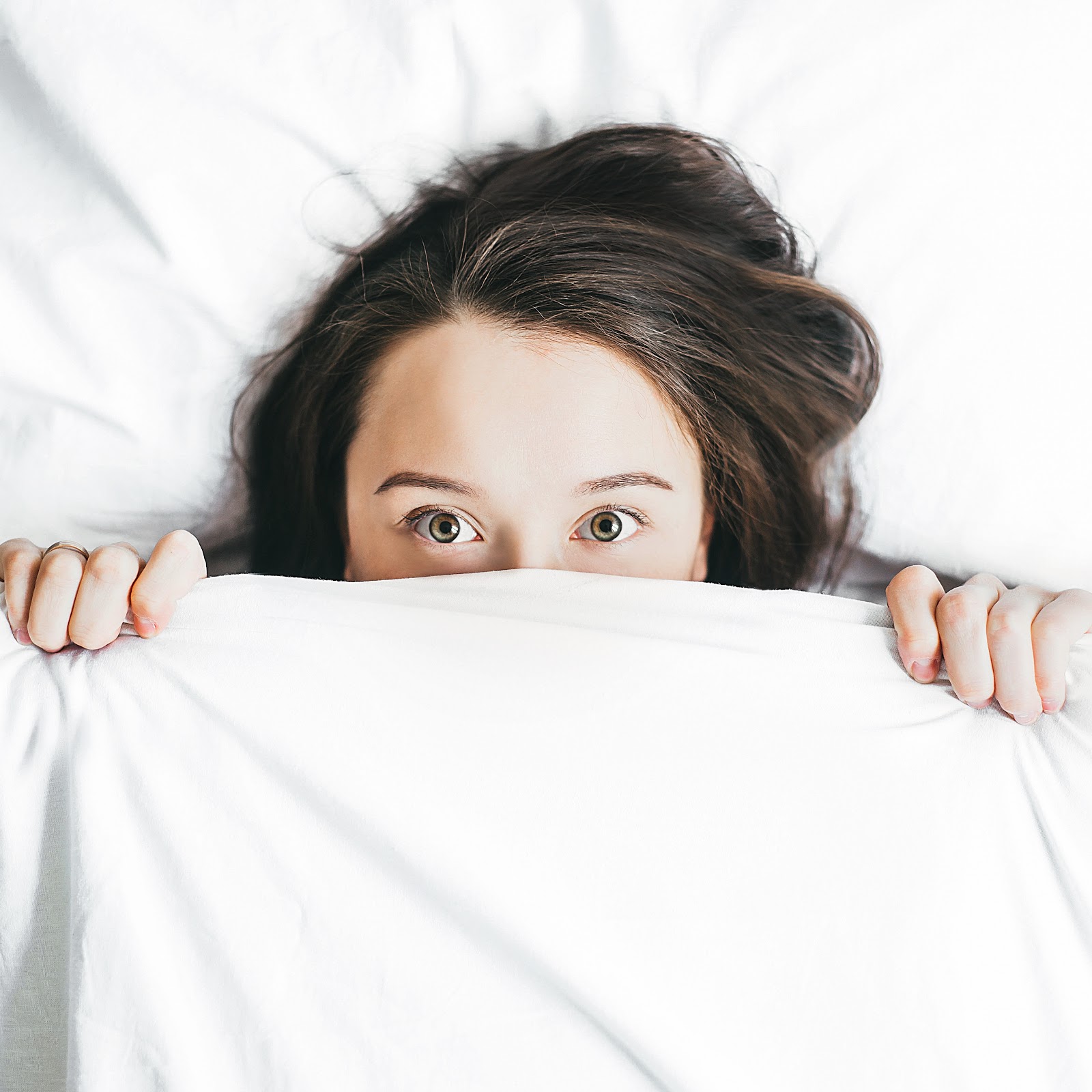
There are so many reasons why you might be lying awake at night, tossing and turning, pacing around, and barely getting the recommended 8 hours of sleep a night. Finding the cause is the first step in tackling your sleep problems. Trying to find the cause is a tiresome task in itself if it’s not obvious (yawn!), but, it’s something that is necessary as once you’ve done some detective work you can then begin a plan of action on how you’re going to overcome these problems.
There are many emotional and physical causes of sleep deprivation. Stress, worry, anxiety, and depression are some of the biggest causes of not getting enough sleep or quality sleep. We’ve all experienced the odd sleepless night at some point in our lives, particularly when we’re going through a stressful time. You may have an important deadline the following day, or you have a family issue that is concerning you, whatever it is that causes you to worry are going to affect your sleep at night.
For some people, these worries and stresses are long-term which severely impacts sleep. Those who work in high pressured jobs can feel as though stress never ceases and are constantly working on autopilot due to lack of sleep. Depression and anxiety can also cause chronic sleep deprivation.

Your lifestyle and the environment you live in has a huge impact on sleep. Are you a shift worker coming home to a cluttered bedroom? This is not the most ideal set up if you’re looking to get a good night’s sleep. Working night shifts is notorious for causing sleep disturbances and constant disruptions to your sleep cycle.
You may also experience changes to the way you sleep or how much sleep you’re getting when you go through major life events. You can say bye-bye to your sleeping pattern when looking after a newborn baby as they wake frequently throughout the night. Luckily, this doesn’t last forever and they will eventually settle into a pattern of sleeping for longer periods.

Some health conditions such as asthma, acid reflux, or chronic pain can keep you up at night, but some medications such as high blood pressure medicines, corticosteroids, contraceptives, and antidepressants can all cause sleep disturbances. Sleep deprivation can be a torturous cycle of trying to find treatment for the cause which may also cause sleep deprivation! It’s tiring just thinking about it, but there is help and eventually, you will find methods that work for you.
Why is sleep so important?
If you’re a ‘no rest for the wicked’ type of person you’re doing yourself no favours for your health. Ignoring your body’s natural sleep cycle and keeping yourself awake to carry out work tasks, household chores, or to keep yourself entertained has some serious health implications. If you think of sleep as being just as important as exercise and healthy eating you’ll realise how necessary good quality sleep is.
Lack of sleep is associated with lots of health problems including obesity, impaired brain function such as memory loss, difficulty concentrating, and poor productivity and performance. Mental health problems such as depression can be caused by a lack of sleep and can cause sleep problems. You’re also at a greater risk of heart disease and stroke if you’re not getting enough sleep.
Sleep affects our entire body, it helps us perform at our best, live a healthier lifestyle, and helps us heal and recover from illnesses. Good sleep is vital to achieving good health.
So what can you do to get those precious 8 hours of sleep?
Depending on the cause of your sleep deprivation there are many ways of getting the recommended 8 hours of quality sleep. This may mean making some lifestyle changes or taking medication as a temporary aid.
Here are some things you can do to help yourself get the sleep you need and deserve.
1. Set a routine and stick to it!
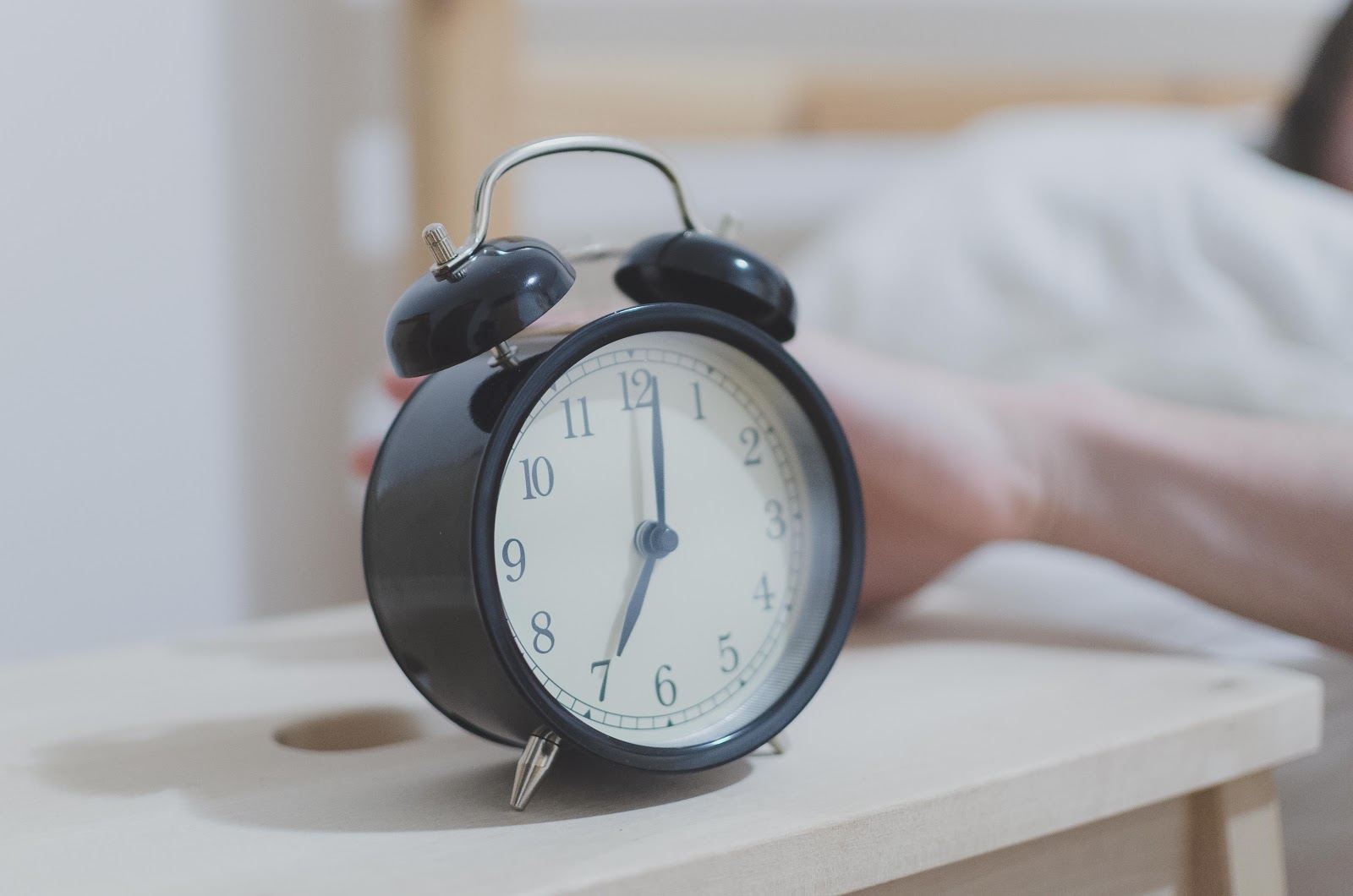
If you’re in the bad habit of going to bed at different times each night and waking up at different times, your body clock is completely unsettled. Get yourself into a routine by setting an alarm for the same time each day and try not to sleep in at weekends, doing this will disrupt your body clock once again and your sleep will be disturbed for the rest of the week.
2. Avoid technology before bedtime

We’re all guilty of checking social media, catching up on emails, and texting friends when we get free time before bed, but using these devices before sleep is very disruptive. The blue light from screens is a stimulant and will keep you awake for much longer than you need to be. For good quality sleep avoid using any type of stimulus such as mobiles, TV, computers or tablets 1-2 hours before bed.
3. Try relaxation techniques to wind down
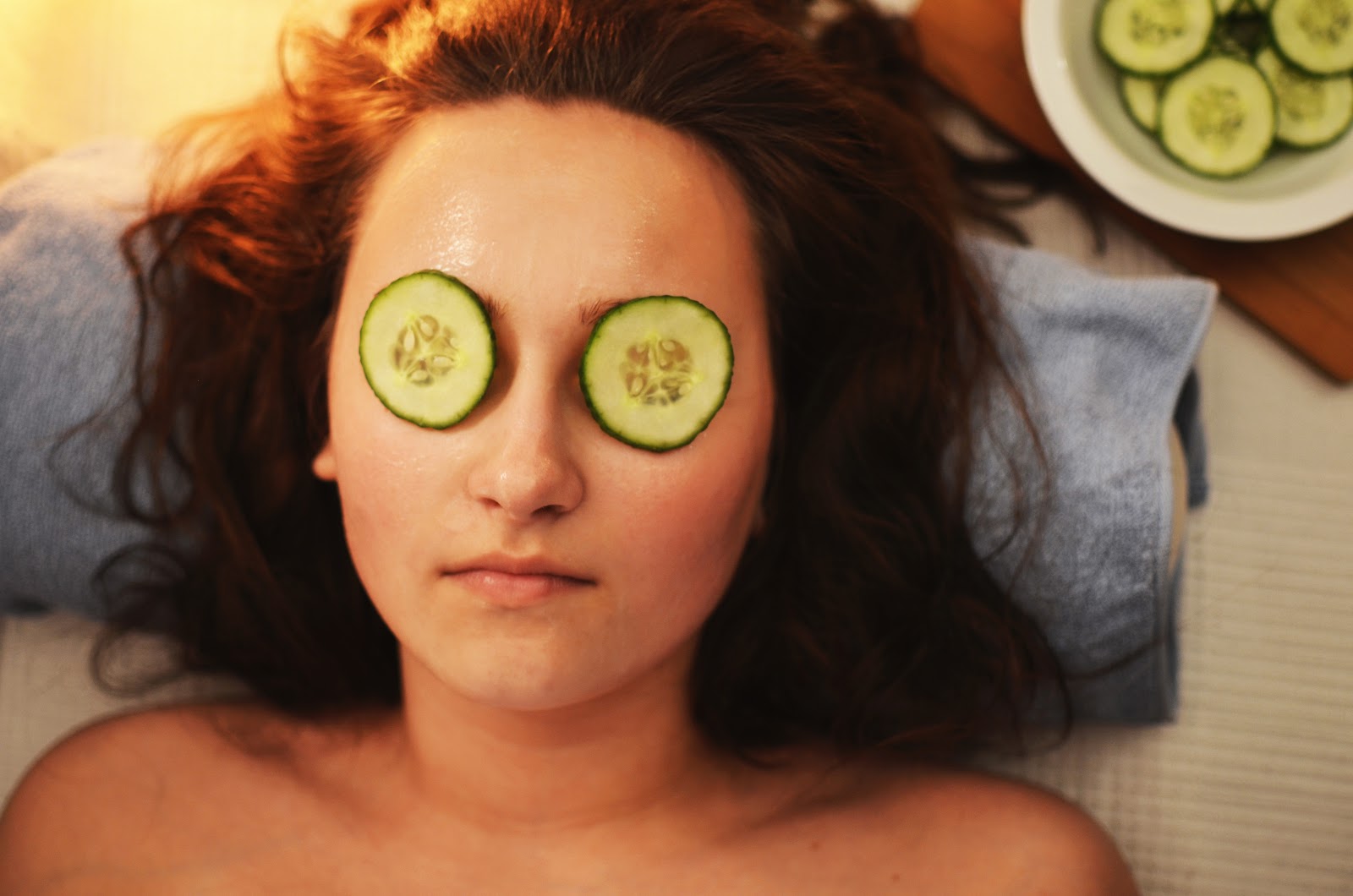
Relaxation is important for preparing your body for sleep. Do whatever makes you wind down, meditate, find your zen, or simply take a nice warm bath to help you feel sleepy and relaxed.
4. Declutter your bedroom
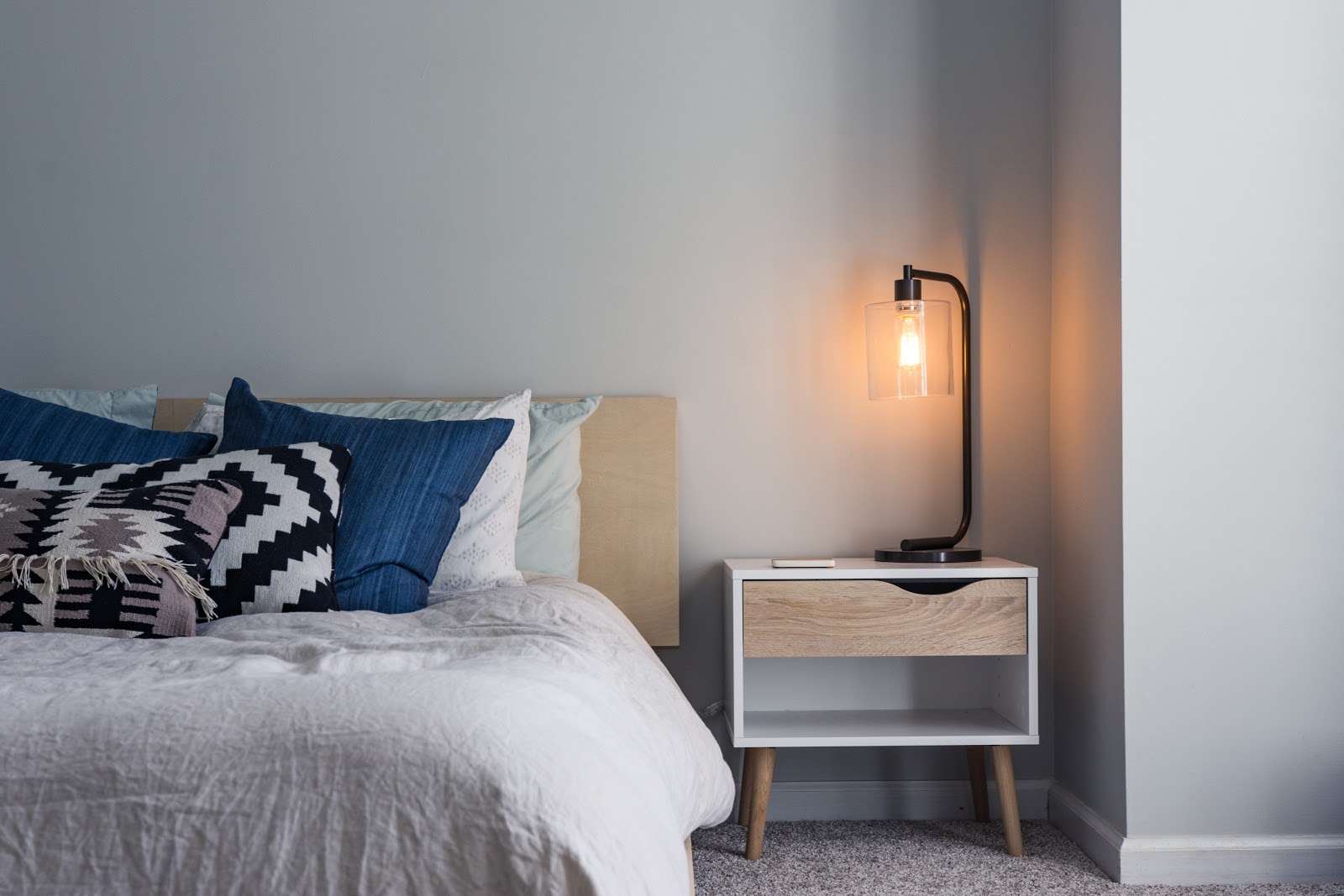
Your bedroom should be a tranquil space. The environment you’re sleeping in can impact the quality of sleep you have. Messy, cluttered bedrooms that are brightly lit and filled with gadgets is a stressful environment. The bedroom should be prioritised for sleep and so should ideally be clean, clutter-free, dark, quiet and at a comfortable temperature to get a perfect night’s sleep.
5. Get active during the day
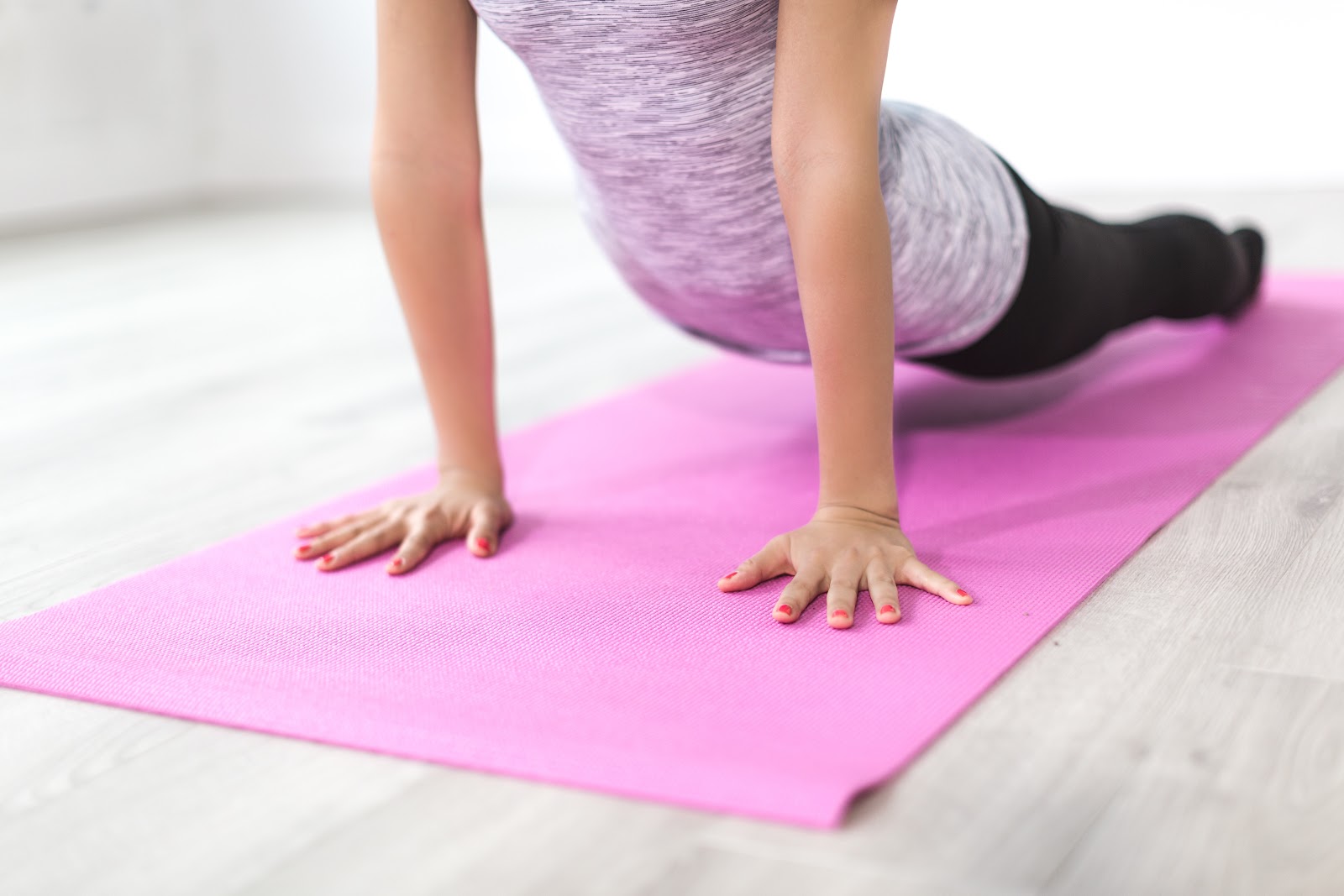
Exercising regularly during the day significantly improves sleep. It increases the amount of time spent in deep sleep and can help sleep disorders such as insomnia and sleep apnoea. Keep vigorous exercise for during the day and try yoga or light stretches close to bedtime.
Treating sleep deprivation with medical aids
If none of the above is working for you, you may be suffering from a chronic sleep disorder. While all of the above techniques will help, you may also need extra help from prescription medication. Many people avoid taking medication to help them sleep through fear of becoming addicted, however, sleeping pills provide effective relief when lack of sleep is severely impacting your life and health. Sleeping pills should only be used short-term but they can be a way of helping you to get into a good routine, especially if you’re taking them alongside other methods.
Sleeping pills are available to buy safely online through Doctor-4-U such as circadin. These help with difficulties falling asleep and staying asleep through the night.
If you’re severely struggling with sleep deprivation and it’s affecting your physical and mental health, it’s worth speaking to a doctor about whether sleeping pills are an option for you. At Doctor-4-U we always ensure that you’re suitable to take any medication before it is prescribed. We have doctors on hand who are registered by the General Medical Council to review your medical situation and determine your suitability.
Don’t let sleep be a burden in your life
Most of us take sleep for granted, it’s not something we think about. But for others, sleep is a hindrance both at night and in waking life. Sleep is a natural function that should be easy and enjoyable, but if it’s not, there is help available. Try our tips and discuss treatment options with a doctor to improve your sleep and in turn, your health.






